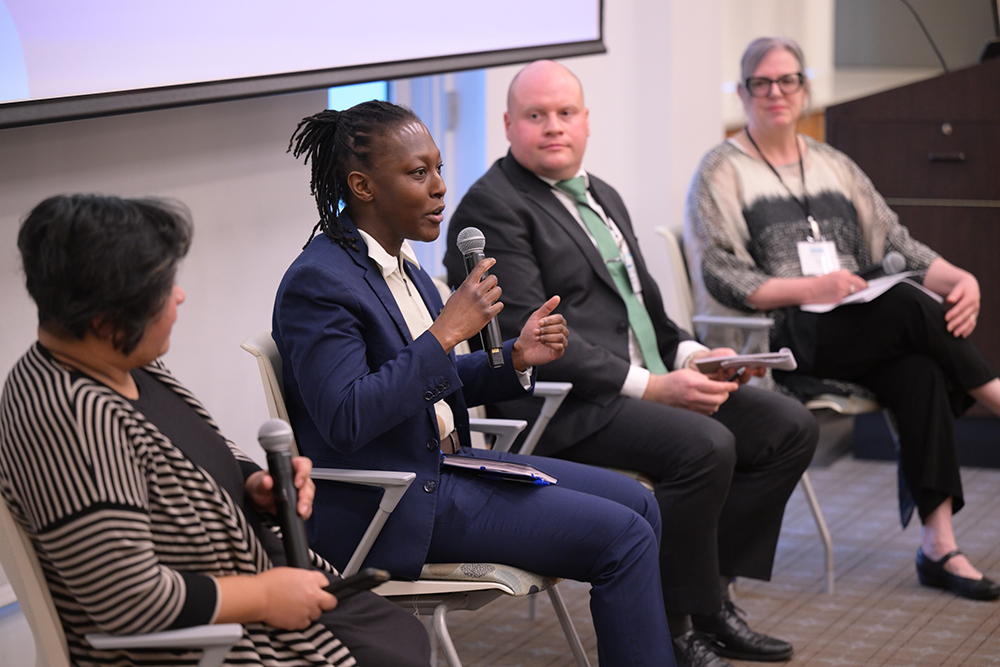
House committees last week advanced legislation to provide further economic relief from the ongoing COVID-19 pandemic. These bills are part of a $1.9 trillion budget agreement that was passed earlier in the month and is in line with the Biden Administration’s American Rescue Plan. Bills must still advance through the full House of Representatives as well as Senate Committees and the full Senate before being sent to President Biden’s desk for signature.
PAYCHECK PROTECTION PROGRAM
TARGETED EIDL ADVANCE
RESTAURANT REVITALIZATION FUND
- Grants are available for up to $10 million per entity; with a limitation $5 million per physical location, limited to 20 locations
- Grants are calculated by subtracting 2020 revenue from 2019 revenue. For the first 21 days, restaurants owned and controlled by women, veterans, or socially disadvantaged groups receive priority
PROVISIONS RELATED TO COOPERATIVES AND RURAL COMMUNITIES IN THIS BILL INCLUDE:
- Cooperative development training and support, outreach, mediation, financial training, and other technical assistance;
- Improving land access, including issues related to heirs’ property;
- Supporting the development of agricultural credit institutions that are designed to serve socially disadvantaged groups;
- Supporting the activities of one or more equity commissions;
- Establishing pilot projects to provide technical and financial assistance to socially disadvantaged groups including projects that focus on land acquisition, financial planning, technical assistance and credit;
- Investing in supplemental research, education, extension, and scholarships to provide internships and pathways to federal employment
- Farm loan assistance for socially disadvantaged farmers and ranchers
More than $1 billion for Supplemental Nutrition Assistance Program (SNAP) benefits, and additional assistance for SNAP online purchasing and technology improvements.
Lastly, the House Committee on Financial Services passed their portion of COVID-19 relief as well. Provisions related to cooperatives in this bill include rental and homeownership assistance and small business support. Related to small business, the bill provides $10 billion to reauthorize the State Small Business Credit Initiative. According to the committee report, SSBCI will support up to $100 billion in small business financing through state, territorial and tribal government programs, including $500 million to provide technical assistance to small businesses that need legal, accounting, financial and other kinds of advice in applying for small business support programs, which includes opportunities for cooperatives. The bill also includes specific set-asides for businesses owned- and controlled by socially disadvantaged groups and to encourage Community Development Financial Institutions (CDFIs) and Minority Depository Institutions (MDIs) to participate in the program, which have a strong history of supporting cooperatives. The committee report is available here.
NCBA CLUSA continues to advocate for co-ops as this process continues, including ensuring co-ops are eligible for programs responding to the crisis, investing in cooperative development, and implementing programs to promote cooperatives as a rebuilding tool for start-ups, existing small businesses, and as a succession strategy for retiring owners.


